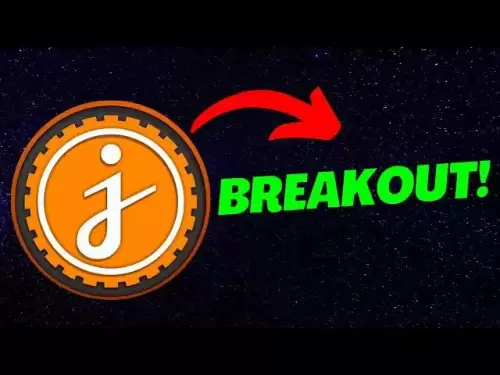-
 Bitcoin
Bitcoin $118,841.1054
1.02% -
 Ethereum
Ethereum $3,364.2689
7.44% -
 XRP
XRP $3.0337
3.93% -
 Tether USDt
Tether USDt $1.0004
0.04% -
 BNB
BNB $708.2059
2.49% -
 Solana
Solana $173.2385
5.74% -
 USDC
USDC $0.9999
-0.01% -
 Dogecoin
Dogecoin $0.2121
6.85% -
 TRON
TRON $0.3090
2.81% -
 Cardano
Cardano $0.7628
2.25% -
 Hyperliquid
Hyperliquid $46.8391
-2.08% -
 Stellar
Stellar $0.4537
0.15% -
 Sui
Sui $3.9529
-2.88% -
 Chainlink
Chainlink $16.6414
3.72% -
 Hedera
Hedera $0.2354
1.52% -
 Bitcoin Cash
Bitcoin Cash $499.1285
0.43% -
 Avalanche
Avalanche $22.6400
0.57% -
 Shiba Inu
Shiba Inu $0.0...01438
4.88% -
 UNUS SED LEO
UNUS SED LEO $8.8507
-0.64% -
 Toncoin
Toncoin $3.1498
2.35% -
 Litecoin
Litecoin $97.4954
1.21% -
 Polkadot
Polkadot $4.1541
1.50% -
 Monero
Monero $331.4406
-1.03% -
 Pepe
Pepe $0.0...01350
5.24% -
 Uniswap
Uniswap $8.9103
-5.01% -
 Bitget Token
Bitget Token $4.7540
4.51% -
 Dai
Dai $0.9999
-0.02% -
 Ethena USDe
Ethena USDe $1.0008
0.00% -
 Aave
Aave $322.3328
-1.63% -
 Bittensor
Bittensor $431.8026
-0.50%
Bitcoin ETF vs buying Bitcoin directly
A Bitcoin ETF offers regulated, accessible exposure to Bitcoin's price without direct ownership, simplifying investment for traditional market participants.
Jul 10, 2025 at 07:35 pm
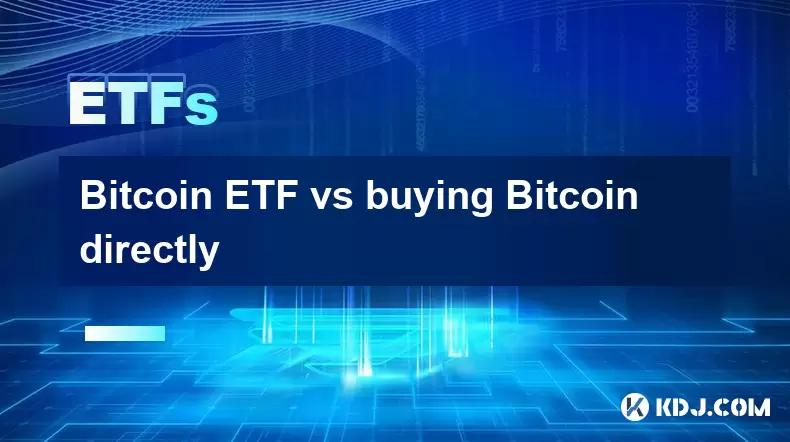
What Is a Bitcoin ETF?
A Bitcoin ETF (Exchange-Traded Fund) is a financial product that tracks the price of Bitcoin without requiring investors to own the actual cryptocurrency. Instead of purchasing Bitcoin on a digital exchange, investors buy shares in the ETF, which are traded on traditional stock markets. The fund itself holds Bitcoin or derivatives linked to its value, offering exposure to the asset's price movements. This approach simplifies investment for those unfamiliar with cryptocurrency wallets, exchanges, and private key management.
Advantages of Investing in a Bitcoin ETF
One major benefit of a Bitcoin ETF is accessibility. Investors can gain exposure to Bitcoin through familiar platforms like brokerage accounts, eliminating the need to interact with crypto exchanges. Additionally, regulatory oversight is typically stronger for ETFs than for direct crypto trading, potentially offering more security for retail investors. Another advantage is liquidity, as ETFs can be bought and sold during regular market hours just like stocks. Furthermore, cost efficiency may be realized if the ETF has lower fees compared to managing a personal wallet and paying transaction costs on crypto exchanges.
Risks Associated with Bitcoin ETFs
Despite their benefits, Bitcoin ETFs come with inherent risks. One notable risk is the lack of direct ownership—investors do not hold actual Bitcoin, meaning they cannot transfer it or use it outside the ETF structure. Additionally, tracking errors may occur, where the ETF does not perfectly mirror Bitcoin’s price due to management fees, derivative usage, or other factors. There is also counterparty risk, especially if the institution managing the ETF fails or mishandles assets. Lastly, regulatory uncertainty remains a concern, as governments continue to evolve their stance on cryptocurrency-related financial products.
Benefits of Buying Bitcoin Directly
Purchasing Bitcoin directly offers several unique advantages. Most importantly, it provides full ownership, allowing investors to store Bitcoin in personal wallets and retain control over private keys. This eliminates reliance on third-party institutions and reduces counterparty risk. Another significant benefit is flexibility, as owning Bitcoin outright enables users to send, receive, or trade it freely across various platforms. Additionally, transparency is higher since there is no intermediary altering the asset's performance through fees or tracking mechanisms. Moreover, some investors prefer the educational experience of navigating crypto exchanges and learning about blockchain technology firsthand.
Challenges of Buying Bitcoin Directly
Direct ownership of Bitcoin presents certain technical barriers. New users must learn how to securely set up wallets, manage private keys, and execute transactions. There is also the risk of permanent loss if private keys are misplaced or stolen, as recovery options are limited. Additionally, choosing a reliable exchange involves research and caution, as some platforms have experienced security breaches or regulatory issues. Transaction fees can fluctuate depending on network congestion, making cost estimation less predictable. Lastly, tax reporting complexities may arise, as each transaction might need to be documented for compliance purposes.
How to Buy a Bitcoin ETF
To invest in a Bitcoin ETF, start by selecting a reputable brokerage that offers access to ETFs. Once an account is established, search for available Bitcoin ETFs using ticker symbols provided by fund providers. Review the fee structure, performance history, and underlying assets before placing a trade. Investors can then buy shares using standard order types such as market orders or limit orders, depending on desired execution strategy. It is crucial to monitor holdings regularly and stay informed about any changes in the ETF’s composition or regulatory status.
Steps to Purchase Bitcoin Directly
To buy Bitcoin directly, begin by choosing a secure and trustworthy cryptocurrency exchange. Create an account and complete identity verification procedures required by the platform. Deposit funds via bank transfer, credit card, or other accepted methods. Navigate to the Bitcoin trading pair, such as BTC/USD, and specify the amount of Bitcoin you wish to purchase. Confirm the transaction and wait for the Bitcoin to appear in your exchange wallet. For enhanced security, consider transferring the purchased Bitcoin to a cold wallet or hardware wallet that is offline and less vulnerable to hacking.
Frequently Asked Questions
Can I convert a Bitcoin ETF into actual Bitcoin?
No, Bitcoin ETFs do not allow conversion into physical Bitcoin. Investors only own shares in the fund, not the underlying asset itself.
Are Bitcoin ETFs safer than buying Bitcoin directly?
It depends on individual circumstances. ETFs offer regulated exposure without private key management, while direct ownership gives full control but comes with storage risks.
Do Bitcoin ETFs pay dividends?
Bitcoin ETFs generally do not pay dividends because Bitcoin itself does not generate income. However, some ETFs may earn interest from cash holdings or futures contracts.
Is it possible to lose all my money investing in a Bitcoin ETF?
Yes, investing in a Bitcoin ETF carries the same market risk as direct Bitcoin investment. If the price of Bitcoin drops significantly, the ETF value will decline accordingly.
Disclaimer:info@kdj.com
The information provided is not trading advice. kdj.com does not assume any responsibility for any investments made based on the information provided in this article. Cryptocurrencies are highly volatile and it is highly recommended that you invest with caution after thorough research!
If you believe that the content used on this website infringes your copyright, please contact us immediately (info@kdj.com) and we will delete it promptly.
- California Dreamin' Web3: Coinbase, Ripple, and the Golden State's Crypto Embrace
- 2025-07-17 10:30:12
- Navigating the Base Ecosystem: Investment Targets and Strategic Restructuring
- 2025-07-17 10:50:12
- Whale Trading, Market Impact, and Cryptocurrency: Navigating the Waters
- 2025-07-17 10:50:12
- Trump, World Liberty Financial, and the WLFI Token: From Locked to Listed?
- 2025-07-17 10:55:12
- Meme Coins in 2025: Investing in the Hype or the Future of Crypto?
- 2025-07-17 11:10:12
- Talos Acquires Coin Metrics: A Major Move in Crypto Consolidation
- 2025-07-17 11:00:12
Related knowledge
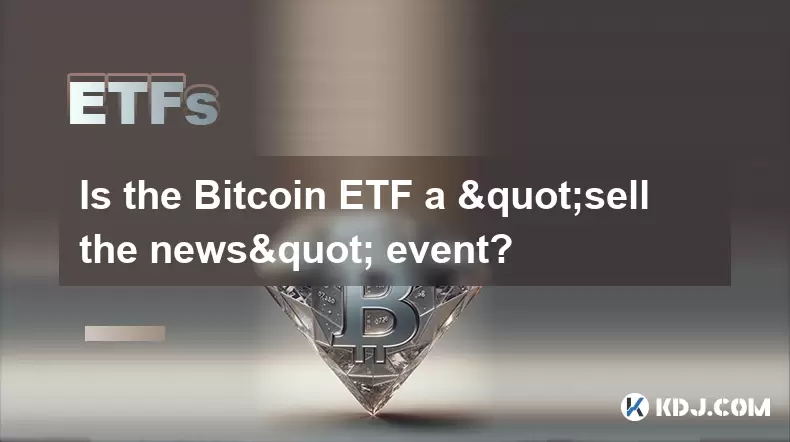
Is the Bitcoin ETF a "sell the news" event?
Jul 17,2025 at 12:28pm
What Is a Bitcoin ETF?A Bitcoin Exchange-Traded Fund (ETF) is an investment vehicle that tracks the price of Bitcoin and trades on traditional stock e...
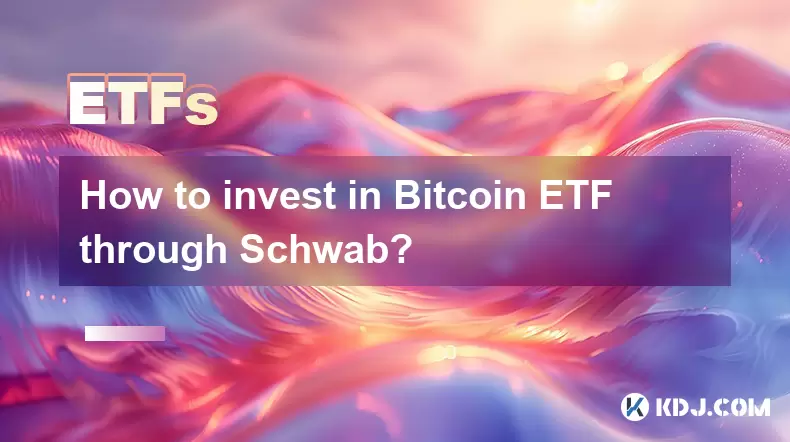
How to invest in Bitcoin ETF through Schwab?
Jul 17,2025 at 11:22am
What is a Bitcoin ETF and Why Invest Through Schwab?A Bitcoin Exchange-Traded Fund (ETF) allows investors to gain exposure to Bitcoin without directly...
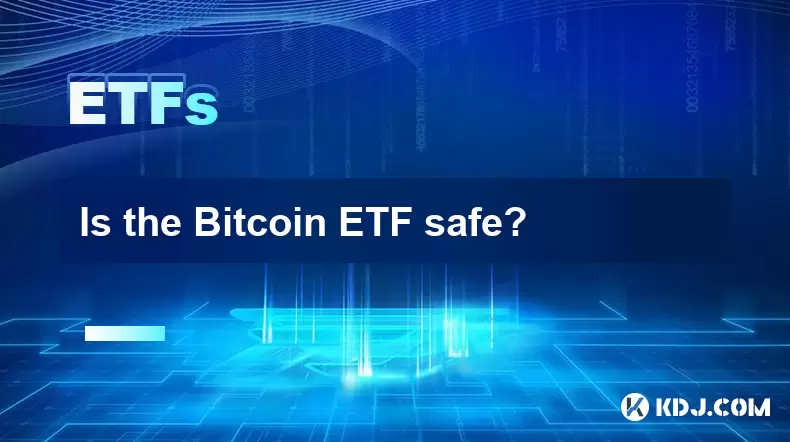
Is the Bitcoin ETF safe?
Jul 17,2025 at 10:21am
Understanding What a Bitcoin ETF IsA Bitcoin ETF (Exchange-Traded Fund) is an investment vehicle that allows investors to gain exposure to Bitcoin wit...
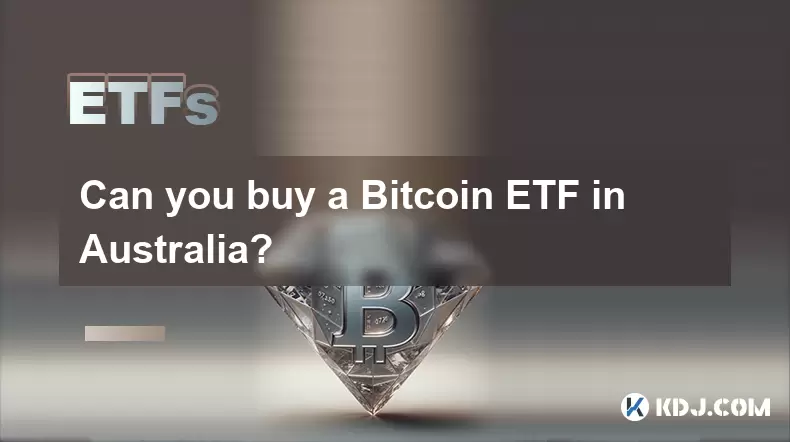
Can you buy a Bitcoin ETF in Australia?
Jul 17,2025 at 06:56am
What is a Bitcoin ETF and Why Is It Important?A Bitcoin Exchange-Traded Fund (ETF) is an investment vehicle that tracks the price of Bitcoin without r...
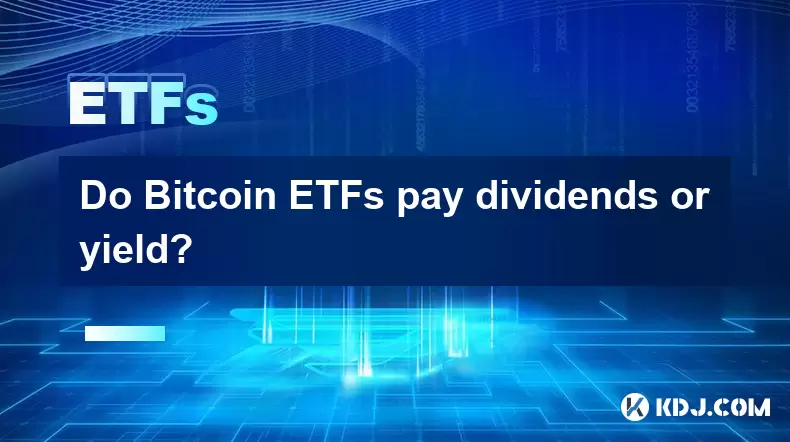
Do Bitcoin ETFs pay dividends or yield?
Jul 16,2025 at 12:50pm
Understanding Bitcoin ETFs and Their Financial MechanicsBitcoin Exchange-Traded Funds (ETFs) have emerged as a popular investment vehicle for those lo...
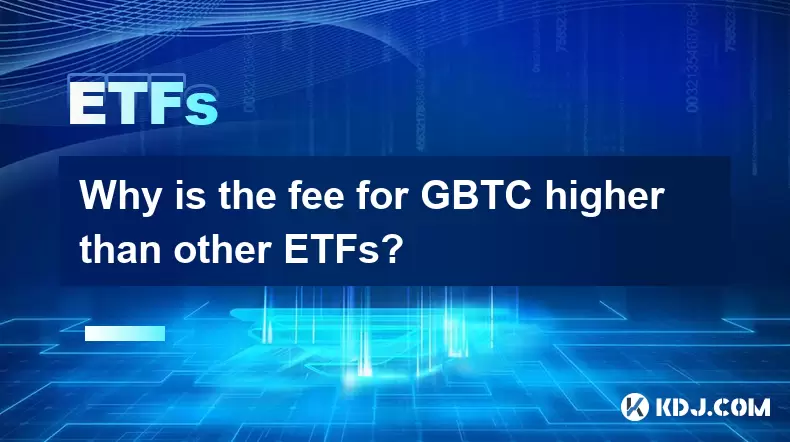
Why is the fee for GBTC higher than other ETFs?
Jul 15,2025 at 03:50pm
Understanding the Structure of GBTCThe Grayscale Bitcoin Trust (GBTC) is a unique investment vehicle that allows investors to gain exposure to Bitcoin...

Is the Bitcoin ETF a "sell the news" event?
Jul 17,2025 at 12:28pm
What Is a Bitcoin ETF?A Bitcoin Exchange-Traded Fund (ETF) is an investment vehicle that tracks the price of Bitcoin and trades on traditional stock e...

How to invest in Bitcoin ETF through Schwab?
Jul 17,2025 at 11:22am
What is a Bitcoin ETF and Why Invest Through Schwab?A Bitcoin Exchange-Traded Fund (ETF) allows investors to gain exposure to Bitcoin without directly...

Is the Bitcoin ETF safe?
Jul 17,2025 at 10:21am
Understanding What a Bitcoin ETF IsA Bitcoin ETF (Exchange-Traded Fund) is an investment vehicle that allows investors to gain exposure to Bitcoin wit...

Can you buy a Bitcoin ETF in Australia?
Jul 17,2025 at 06:56am
What is a Bitcoin ETF and Why Is It Important?A Bitcoin Exchange-Traded Fund (ETF) is an investment vehicle that tracks the price of Bitcoin without r...

Do Bitcoin ETFs pay dividends or yield?
Jul 16,2025 at 12:50pm
Understanding Bitcoin ETFs and Their Financial MechanicsBitcoin Exchange-Traded Funds (ETFs) have emerged as a popular investment vehicle for those lo...

Why is the fee for GBTC higher than other ETFs?
Jul 15,2025 at 03:50pm
Understanding the Structure of GBTCThe Grayscale Bitcoin Trust (GBTC) is a unique investment vehicle that allows investors to gain exposure to Bitcoin...
See all articles
























